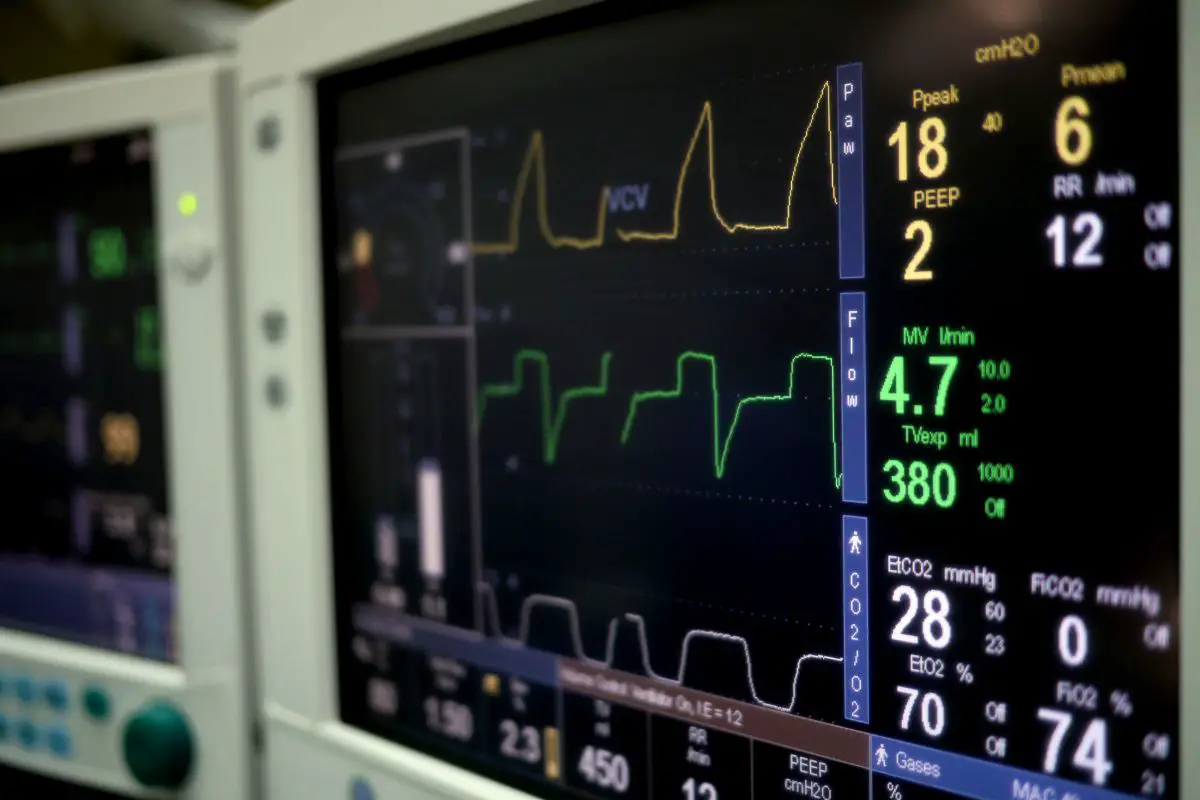Every one of us loves to wake up with a hot coffee cup in our hands.
Most people at least once consume a beverage containing caffeine. But be careful, as it is known that a cup of brew can wake up your brain, it can also have some downside effects on your body. Psychological effects like an increase in the rate of the heart.

How Caffeine Cause Increase in Heart Rate
Caffeine is everywhere in the world. A report from Food and Chemical Toxicology was conducted in January 2014 said, caffeine consumption has elevated in past decades. Caffeine is consumed at least once a day by 85 percent of people. And almost 96 percent of those drinks are Soft drinks, coffee, or other tea. But those who proudly say they are a caffeine person, you should know the outcomes of what such intakes can bring in your regular life, to keep yourself safe.
Caffeine starts to stimulate your nervous system as soon as it gets into your blood from your tummy. Cells in your heart have receptors, and these receptors are stimulated by caffeine which in turn increases your heartbeats. An increase in heart rate can ultimately increase the blood flow of your body. This all can bump your heart rate up to three beats faster per minute. Not only heart rate but also your production of urine, body temperature, and blood sugar can also increase.
University of Michigan Health Service says, the effect of consuming caffeine can start as soon as 15 minutes and can last up to 6 hours. They also mentioned your body will remove the caffeine through the process of urination.
According to Haward Health Publishing, drinking coffee can be a real danger for those suffering from heart diseases as intake of brew can increase heart rate and sugar in your blood. But daily drinking will not change your beatings dramatically.
In 2017, researchers from Scientific Reports observed how our heart rate and blood pressure are controlled by our body after a session of physical exercise. Caffeine can affect our hearts after exercise. Parasympathetic heart rate is affected by the intake of coffee. Parasympathetic heart rate is responsible for slowing down the heart rate back to normal after a hard-working session.
More Effects of Caffeine
Not only our beating is affected by this drug. There are other side effects this drink can give you.
- According to The University, Michigan Health Service intake of a huge amount of caffeine (1000 milligrams) can lead to other problems, such as heartburn and bad bowels. Even if you consume less than 1000 milligrams, you can experience sleep issues. Your body will ignore the desire to sleep, which can drop your energy level and sometimes can end up in depression.
- Scientific Reports say over-limit consumption can lead to headaches, relentlessness, and anxiety too.
- Large intake can result in an overdose. U.S. Food & Drug Administration warned in 2018 April that drinking a large amount of pure or strong caffeine can have adverse effects like seizures or even fatality. U.S. Food & Drug Administration is aware of a minimum of 2 deaths relating to this drug in normal citizens with a healthy lifestyle.
But all this is not true for everybody. According to Harvard Health Publishing, all of us have different types of sensitivity against these drugs. Also, the brand and how much is consumed depends too. Food & Drug Administration (FDA) recommends having only 400 milligrams a day to have a healthy life. This means 4-5 cups of coffee won’t harm any major problems to your body or your heart.
Related Articles